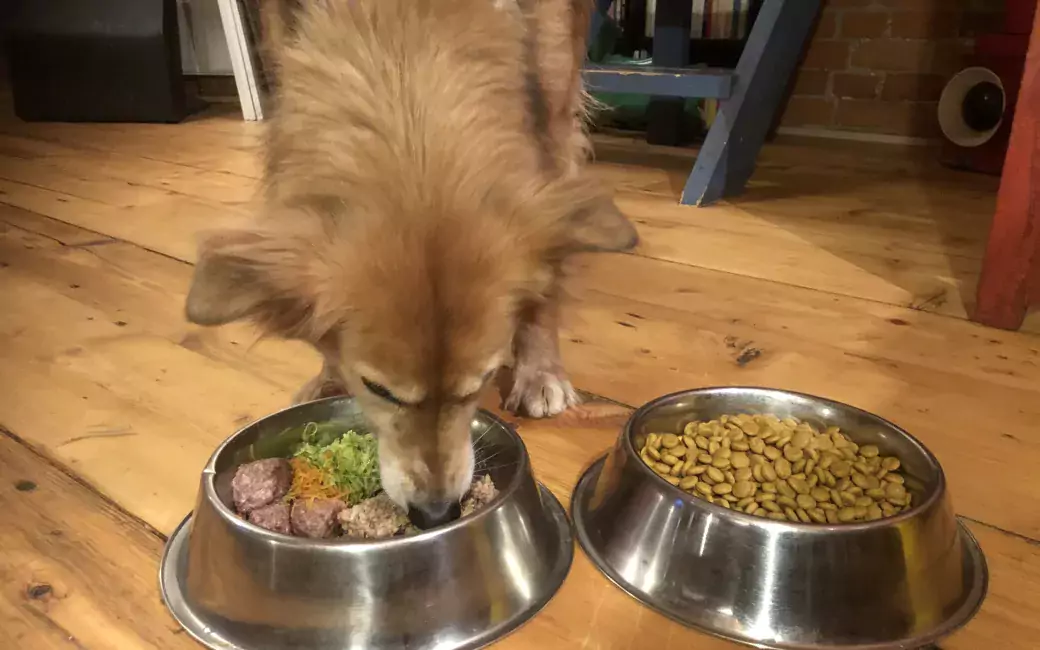Puppyhood and adolescence diet may influence the incidence of canine chronic gastrointestinal problems later in life, according to a study carried out at the University of Helsinki.

The reasons behind chronic enteropathies (CE), also referred to as long-standing gastrointestinal problems, are not well known. As data for the study, the researchers utilized data collected through an online feeding frequency survey, introduced in 2009 by the DogRisk research group. The data consists of survey answers from several thousand of Finnish dog owners on issues such as their dog's diet at three different timepoints, the diseases their dogs have or have had, and several environmental factors.
-"A large proportion of chronic gastrointestinal ailments can be treated with diet. That is why we wanted to look at the connection between puppyhood and adolescent diet and chronic enteropathy incidence later in life" says Docent Anna Hielm-Björkman, leader of the DogRisk research group.
There is a difference in what you feed your dog
According to the study, feeding a non-processed meat-based diet ("raw food") and giving the dog human meal leftovers and table scraps especially during puppyhood, but also at young age, were protective against CE later in life. In contrast, feeding mainly or exclusively an ultra-processed carbohydrate-based diet, namely dry dog food or "kibble", during puppyhood or at young age, or rawhides (which in fact are not raw) often during puppyhood were found to be a significant potential risk factors for CE later in life. The quality or differences between different brands were not studied in this research.






